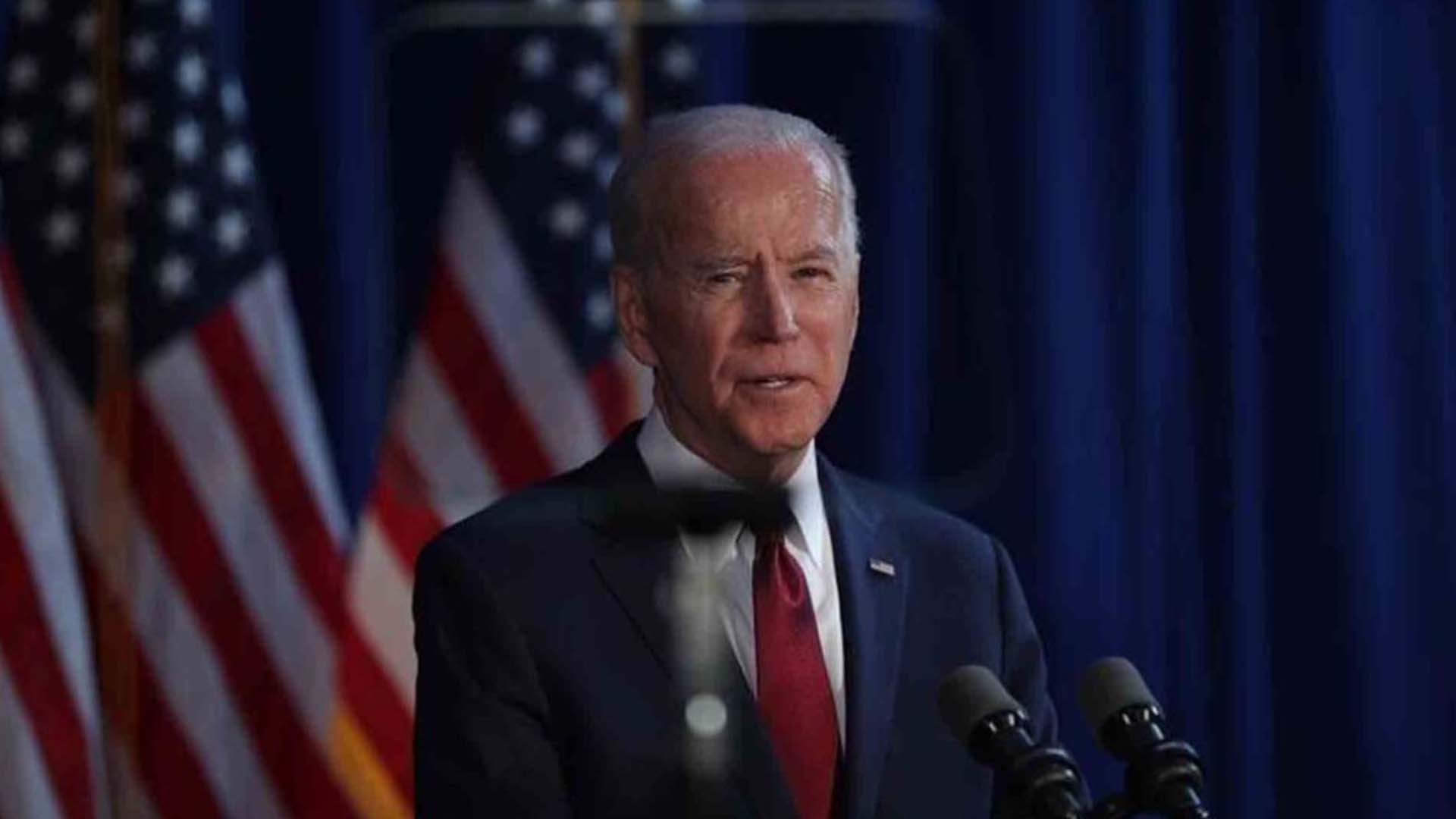President Joe Biden signed into law Tuesday his party’s sweeping package to overhaul the United States’ policy on climate change and health care, calling it a blow to American special interests.
Biden said the law signifies the “biggest step forward on climate ever” and will allow the US to “boldly take additional steps toward” fighting climate change, and it provides significant benefits for Americans struggling to afford health care.
“Too often, we confuse noise with substance. Too often, we confuse setbacks with defeat,” Biden said at a White House signing ceremony. “Making progress in this country as big and complicated as ours clearly is not easy. It’s never been easy, but with unwavering conviction, commitment, and patience, progress does come.”
The law includes a record USD369 billion in spending on climate change and energy policies, and is projected to slash US carbon emissions by roughly 40 percent by 2030.
It also allocates USD64 billion to reduce health insurance costs by locking in lower premiums under the Affordable Care Act, saving 13 million families an average of USD800 per year.
The bill, known as the Inflation Reduction Act, will also cap drug costs at USD2,000, limit out-of-pocket insulin costs to USD35 per month, and allows Medicare to negotiate lower prices for prescription drugs for the elderly.
It would be funded by imposing a 15 percent corporate tax on wealthy corporations.
The plan also spends USD80 billion to boost the Internal Revenue Service’s enforcement and compliance divisions, which are expected to yield USD124 billion in revenue.
Biden said with the law, “the American people won, and the special interests lost,” pointing to the opposition the bill faced.
“We’ve not flinched, and we’ve not given in. Instead, we’re delivering results for the American people,” he said. “We didn’t tear down, we built up. We didn’t look back, we looked forward. and today offers further proof that the soul of America is vibrant.”
While the measure will not immediately affect rising gas and food prices, it does seek to reduce the deficit by USD300 billion in the next 10 years, with total provisions of the bill estimated to raise USD737 billion, as well as reduce the overall deficit by nearly USD2 trillion in the next two decades.
The bill narrowly passed the House of Representatives on Friday after clearing the Senate in an exceedingly rare 50-50 vote in which Vice President Kamala Harris cast the tie-breaking ballot. (PNA)





















